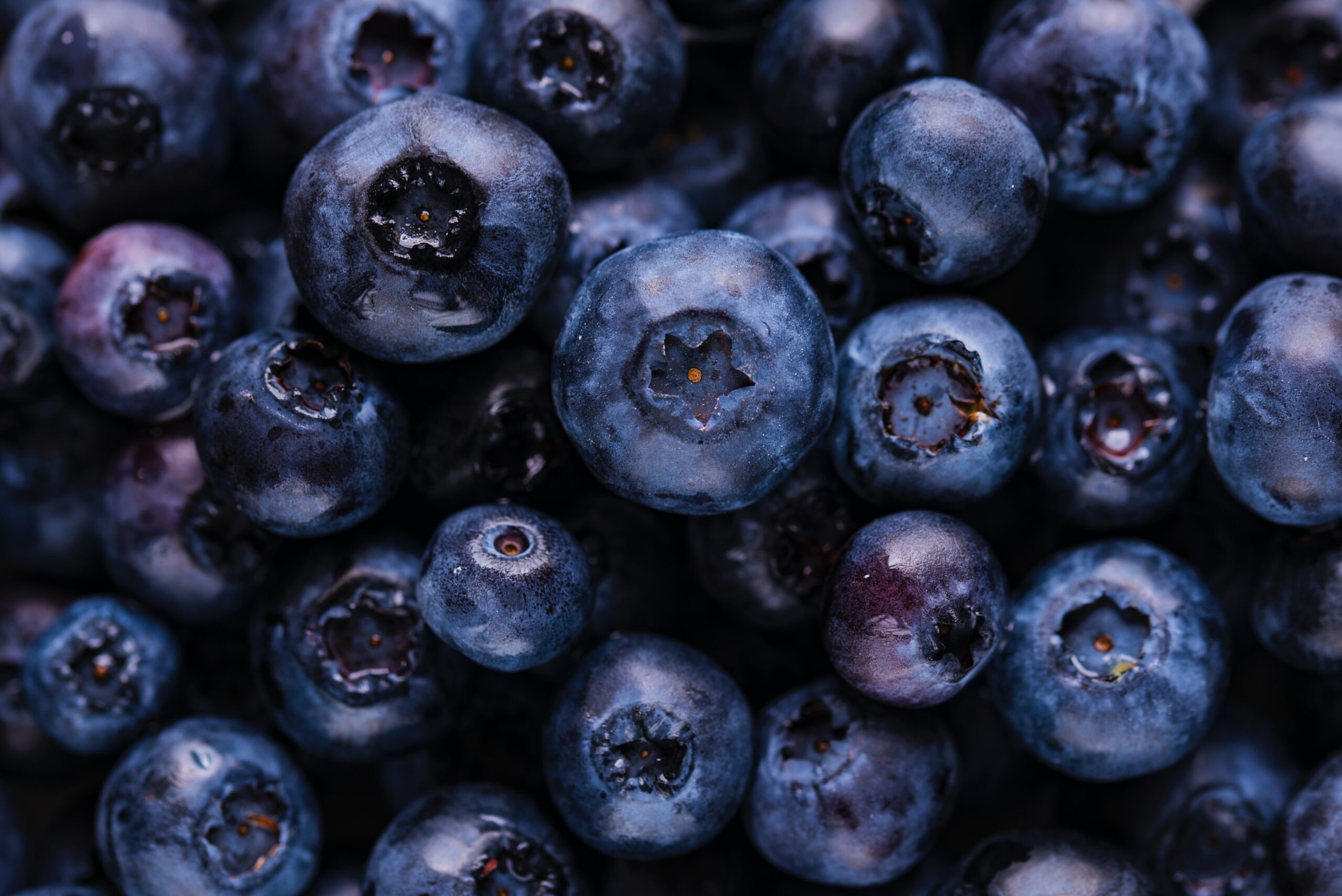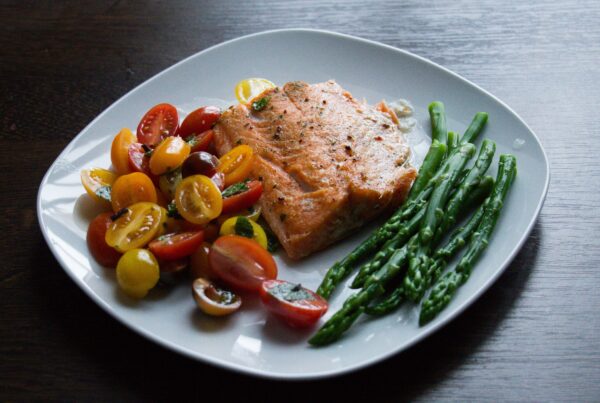The more energy you use, the more food you need.
From blinking your eyes to running a marathon, your body is using energy. If you underfuel, the insufficient energy available won’t keep you going for long. Think of your heart pumping blood to the rest of the body, your lungs absorbing oxygen every time you breathe in, your intestines breaking down what you eat, your kidneys filtering blood 24/7, and your brain… thinking, making decisions, and coordinating everything, every fraction of a second. These are all functions your body is executing to keep you going, as you exercise or live your everyday life, and you need food to fuel all these energy consuming functions, to fulfill what’s called the Metabolic Resting Rate. We are much more than bones and muscles, so when we’re fueling our body, we have to think big picture!
We may not have been taught to take into consideration that every single little body function takes energy. To make energy, our body uses mostly the carbohydrates we eat, which get turned into glucose, a sugar that’s carried and distributed by the bloodstream, to be utilized by our cells. Our brain is the control center. It is made of mostly fat and it uses glucose as a source of energy. The human body is a smart machine, and if it’s running low on fuel, it will save reserves of glucose in order to feed the control center, our brain, primarily. This means that other body functions that need glucose as well, like muscle activity or digestion, will not receive the fuel they need if there isn’t enough energy available, because the brain is more important.
The point here is: carbohydrates are crucial. If we burn lots of energy through exercising, working, recovering AND all the physiological bodily functions, we need to actively replenish that source of energy.
The building blocks: carbohydrates, proteins & fats
When it comes to carbs, we need complex carbohydrates, like purple potatoes, carrots and yams, because they fuel us with nutrients that sustain our glucose levels for longer. In other words, they are more efficiently used by our body, while simple carbs (or simple sugars) like white pasta, bread and fruit juice can be beneficial in different circumstances.
Without enough fuel, all the activity that is supposed to be happening in our brain and body can get slow, or impaired, because of the lack of energy. This activity is the communication between the nerve cells in our brain and body, they are the wires of the control center. Our chemical messengers, the hormones and the neurotransmitters, are part of the same equation and will only function efficiently if they have enough energy to do so. Simply put, these messengers get triggered by the communication between brain and body, and tell us to use energy, burn fat, recover, wake up, sleep, make decisions, sweat, drink water, eat, digest, etc. If the brain doesn’t have enough energy, the whole chain of command breaks down. Together, these connections and interactions make our endocrine and nervous system.
With this in mind, we can all imagine what happens without proper fueling. We hit a wall! There’s not enough energy for the brain and even less for other bodily functions.
Not fueling enough means our brain has to operate in “danger mode”, concerned it will starve, and it will activate a series of mechanisms, “turning off” some functions to conserve energy and perhaps even storing fat, instead of burning it, as a source of energy, just in case we don’t eat enough again later.
There’s a lot more to it. Speaking of protein now, without enough of it, the body won’t have sufficient amino acids to repair the muscle tissues all over our body, including the smooth muscle in our digestive system.
Protein can also provide a little energy to our muscles, but this cellular level activity needs glucose to use the amino acids, and it’s our brain the one who sends the message to get the job done.
Fats are fuel as well, it’s where we store our energy reserves, but it’s a bit more complicated for our body to access it. Fats are good for our brain cells, that are made of fat, as well as for our hormones, that need fat and protein to be manufactured, like progesterone and testosterone, which are directly connected to our energy levels and metabolism. But here we are talking about the good fats, the omega 3’s, found in fish and seeds. We want the good fats to crowd out the bad ones, meaning that we should be consuming more of the omega 3’s and way less of other fats.
So our take away here is: everything in your body is connected and fueling properly will give your cells enough energy to help you keep going, especially after long miles, when you’ve been using every drop of energy to move your muscles. You need to refuel!
Our body is working hard to maintain its stability. Over time, nutrient depletion can lead to major impairments and dysfunctions, which is a whole other topic we’ll cover in a future article. Our capability to recover and repair also relies on the vitamins and nutrients available, that our body can properly utilize, amongst other crucial necessities, like sleep. So, again, when we’re fueling our body, there’s more beyond bones and muscles to think about, and once we get enough nutrients, our body can function more like a well oiled machine.
WHAT CAN YOU DO?
Quality of food is crucial. A good start for proper fueling is to choose whole foods, so next time you go to the grocery store, spend most of the time shopping in the produce session. And since we all have different lifestyles and needs, you might do better with some extra carbs, if you’re going for that extra long run and can use the energy it will provide, for example. Or extra protein, if you hit the gym and feel like it was a heavier session, so your muscles can use the amino acids be repaired and build. Here you can practice tuning in to your body, to notice how it feels and what it needs in relation to the type of workout you did and amount of energy you used. You’re learning about your body and your metabolism will appreciate it!



